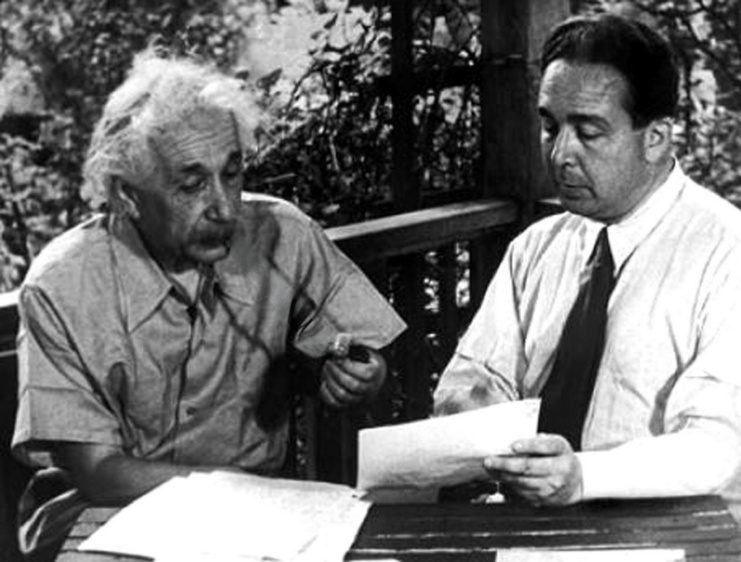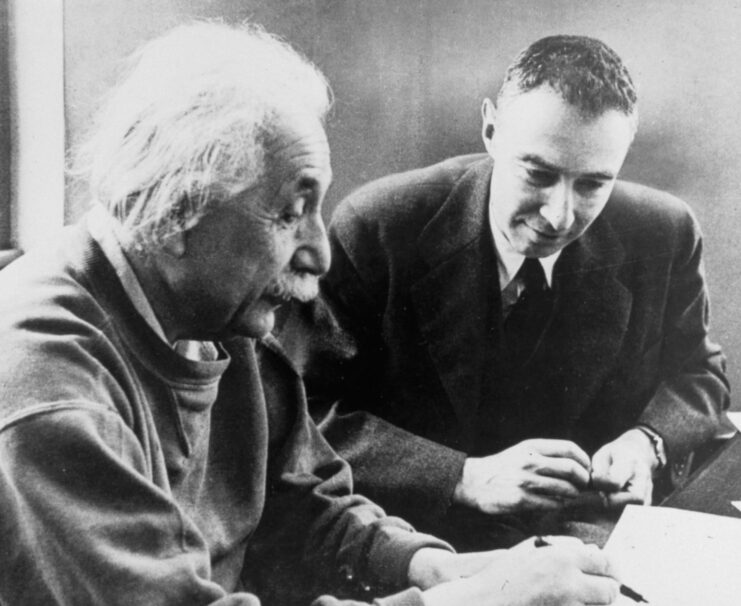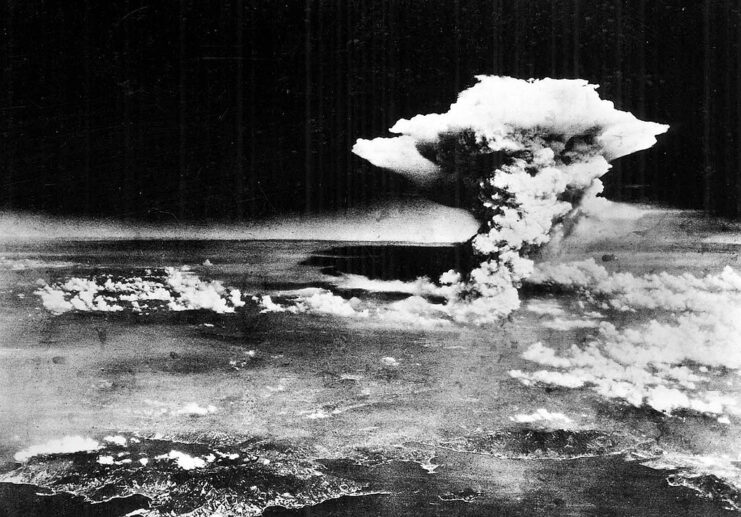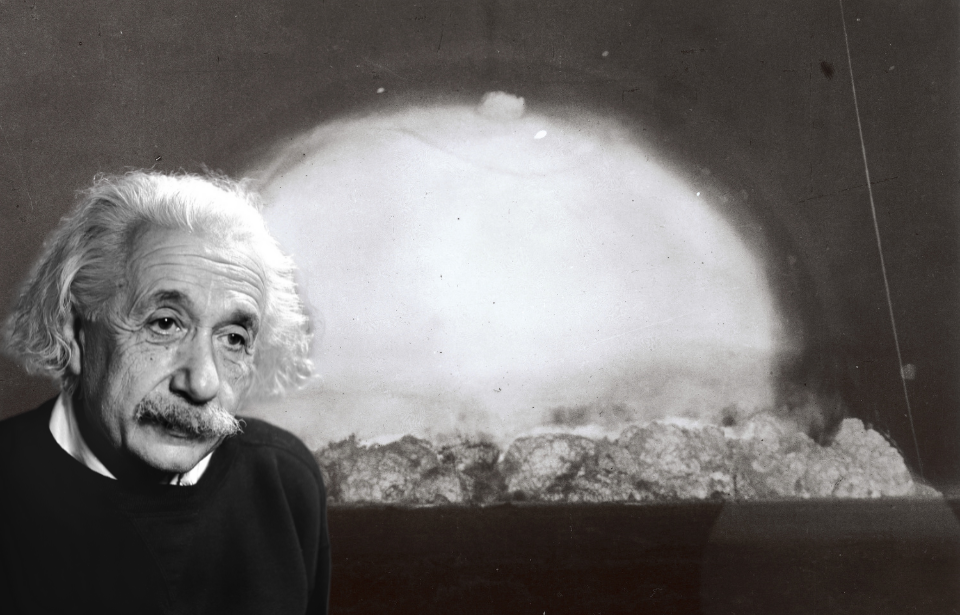One of the brightest minds of the 20th century, you’d think Albert Einstein would have been among those to join the Manhattan Project and help develop one of the most powerful weapons in the world: the atomic bomb. However, Einstein’s involvement in America’s race to create the first-ever nuclear weapon was minimal. Even with the little influence he had, he felt guilty.
Albert Einstein’s influence on Franklin D. Roosevelt

Albert Einstein’s famous equation, E=mc², is considered by many to be the precursor to the development of the atomic bomb. It explains the energy released by such a weapon, yet lacks instructions on how to develop one. For this reason, the theoretical physicist often reminded people that “I do not consider myself the father of the release of atomic energy. My part in it was quite indirect.”
However, Einstein admitted to having a direct influence on the development of the atomic bomb. In August 1939, he penned a letter to US President Franklin D. Roosevelt that said, in the thick of World War II, Germany could very well be on its way to developing an atomic bomb and that the United States needed to respond with “quick action on the part of the Administration.” This essentially meant launching the country’s own nuclear program.
Einstein wasn’t alone in this belief, as fellow physicist Léo Szilard encouraged and helped him draft the letter. It worked, and in August 1942 the Manhattan Project was officially underway.
Albert Einstein’s political views prevented his involvement

While it was Albert Einstein who sparked the creation of the Manhattan Project, it would be fellow theoretical physicist J. Robert Oppenheimer who’d head the program. In fact, Einstein would have nothing more to do with it because officials were concerned about his political views and how they might come into play.
Throughout the 20th century, Einstein’s left-leaning political opinions held public interest, thanks, in part, to his fame, as well as his academic, political and humanitarian endeavors. He was granted far more leniency to speak frankly, and was open about his preference for socialism, peace activism and global federalism.
It comes as no surprise, then, that officials barred Einstein from participating in the project, denying him security clearance under the belief that his views may pose a security threat. They were so concerned about his involvement that they even barred the other scientists working under Oppenheimer from consulting with him.
Expressing regret following the deployment of Little Boy and Fat Man

The Manhattan Project carried on without Albert Einstein’s help, and it successfully developed the world’s first nuclear weapons. In August 1945, the US put them to work, dropping Little Boy on the Japanese city of Hiroshima on the 6th. Three days later, the atomic bomb Fat Man was deployed over Nagasaki.
When Einstein learned of the attack, he was quoted as saying, “Woe is me.”
More from us: 10 Weapons the Germans Used to Fight Against the Allied Advance on D-Day
The resulting damage from the bombs caused the theoretical physicist to reflect on his involvement in the development of nuclear weapons. He regretted recommending the US nuclear program to the government, saying, “Had I known that the Germans would not succeed in developing an atomic bomb, I would have done nothing.”
